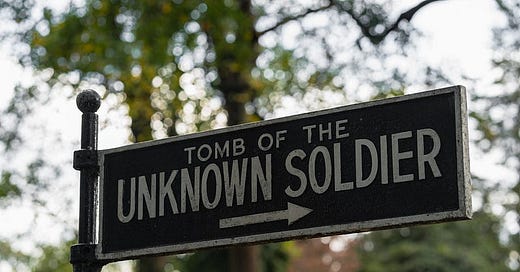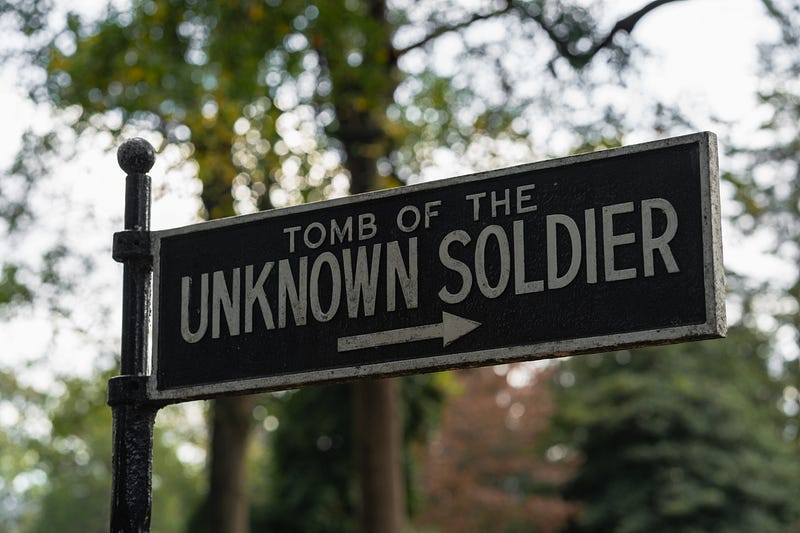I am 5 years old and we have just moved to a new place with new landlords. They are showing us the house and the landlord says: “And this is the basement. It served us well during the war, we even had our beds here and everything. You know how it was.” My parents mumble something like “yes, we do”. My first thought was: “Why don’t I know how it was? Why don’t I remember anything?”
Later I ask my mom: “Mom, how come our landlords went to the basement during the war? We didn’t, right? I don’t remember it.”
“You were very small during the war, you forgot it. We also went to the basement many times.”
“Oh”, I was disappointed, it seemed I was missing a crucial piece to this puzzle called war. I didn’t really remember what happened, and I also didn’t understand what it all meant and why it happened. All the while adults seemed to know exactly what they were talking about. And it seemed important. So, I made it my mission to understand war.
I asked my mom about the reasons for war and she told me some dry stuff like “some bad people want more power and land”, but that didn’t convince me. “Who the hell would be willing to kill and die for something so banal as power and land?” I thought.
Then I started going to school and I thought maybe we will learn there what war is. Instead, I received the same cryptic speech from our teacher: “Yes, the war was terrible, let’s not talk about it.” She said this after we received a lecture by a policeman on how to recognize every freaking type of a landmine while holding the real specimens. I guess all that was necessary to convince us not to walk around in the fields. In any case, my quest to understand war was not going to be ruined by adults. I was determined to find out what they know.
At the age of 7, I was already big enough not only to learn about landmines but also to watch movies. I was an avid movie watcher and so I did what I knew best. I immersed myself in movies, especially those about war. I loved Holocaust movies. One day I told my mom: “I think Holocaust movies are my favorite.” My mom was shocked: “Really? Don’t you think they are a bit hard to watch, a bit heavy?”
“No, I mean it’s terrible what happened of course, but how else are we going to understand why such things happen?” My mom replied with something like “Well, I prefer to watch happy movies and not think too much about war”. There it was again. She knew something I didn’t. I was close to figuring out what that was, I could feel it.
Little did I know I would only figure it out much later. Adults started to open up a bit more about specific things that happened to them. I found out a bomb fragment passed next to my mom’s head while she was carrying her birthday cake. It had missed her by just a second. All this because she decided to celebrate her birthday in the house and not in the basement. I was in the other room with my dad.
My grandma told me about a Catholic priest in Bosnia whose hands were shaking while giving communion. “He knew he was going to die, he knew it bless his soul, such a nice man, the best there is. Later they killed him and his parents, it took a long time until they found their bones…”
There were many more stories like this one and as I was growing up, I slowly started to understand what the adults knew and I didn’t. It was the pain. They have all experienced it, and I guess I just didn’t remember any of it. For adults, it was too painful to talk about war and they avoided telling a kid like me about it.
Inevitably, I also stopped trying to understand why war happens. I stopped watching war movies and I stopped thinking about it. I tried to avoid bad news on TV. But that didn’t make war disappear.
At some point, the remains of my dad’s missing cousin were found. They were discovered by identifying his DNA, a brand new technology at the time. My family was at peace. They could finally bury him.
Ivan Krajinović Ićo, HOS-ovac ubijen na Ovčari: Dan kada je Kutina plakala - Tomislav City
Krajem rujna 1991. godine u obranu Vukovara uključilo se 58 pripadnika Hrvatskih obrambenih snaga, poznatijih kao HOS…tomislavcity.com
When I mentioned my uncle has PTSD in school, a friend told me: “Yes, my uncle also had it. He killed himself with a grenade in our garage.”
I could not avoid the news either. There were so many wars in the world between then and now that I lost count. And most recently, we are now on the brink of World War III.
I like to visit graveyards and I often see these graves from World War I in Germany. Sometimes they don’t even have a name. “Unknown soldier”, it says. I always remember my dad’s cousin.
What strikes me about these war graves is that I am now older than most of those soldiers were when they died. And I still haven’t found any answer to why any of them had to die.
After years of listening and not listening to war stories, I finally realized: There is nothing to be understood about such malice and evil. There is no justifiable reason for anyone to die in war.
But that doesn’t mean we should stop telling our stories. Because if we tell them and listen to them, maybe those who hear them will come to the same conclusion that I did.
And if everyone comes to that conclusion, there will be no more war.
Let us hear each other’s stories.
How the Story of Ukraine is Being Written
In the face of Russian aggression and propaganda, Ukrainians are fearlessly making their stories knownmedium.com




